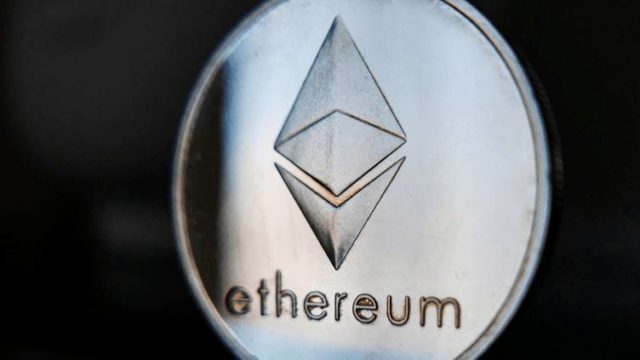More than 30 years ago, U.S. lawmaker Nancy Pelosi angered China’s government by appearing in Tiananmen Square and showing a banner honoring dissidents killed in the 1989 protests.
On Tuesday (2), as Speaker of the United States House of Representatives, Pelosi disregarded China’s warnings and landed in Taiwan to support her government and meet with human rights activists.
Pelosi’s trip to Taiwan is the culmination of decades as one of the top US criticisms of the Beijing government, especially on rights issues, and underscores the long history of the US Congress taking a tougher line than the House. White in negotiations with Beijing.
Second in line for the presidency after Vice President Kamala Harris, Pelosi became the most senior US political representative to travel to Taiwan since then House Speaker Newt Gingrich in 1997. She leads a delegation of six other members of the Chamber.
In 1991, two years after China’s bloody crackdown on pro-democracy demonstrations, Pelosi and two other US lawmakers displayed a banner in Tiananmen Square that read: “To those who died for democracy in China.”
The police approached, forcing them to leave the square.
In 2015, she led a group of House Democrats to Tibet, the first such visit since widespread unrest in 2008. Pelosi has spoken regularly about human rights issues in Tibet and has met with the Dalai Lama, whom Beijing considers a separatist. violent.
China sees visits by US officials to Taiwan as an encouraging sign for the island’s pro-independence camp. Washington has no official diplomatic ties to Taiwan, but the US is legally obligated to provide the island with the means to defend itself.
Kharis Templeman, a Taiwan expert at Stanford University’s Hoover Institution, said Pelosi, 82, was looking to cement her legacy by signaling support for Taiwan against pressure from Beijing.
“And what better person to send that signal than the mayor herself? So she is in a very powerful symbolic position to stand against the CCP,” Templeman said, referring to the Chinese Communist Party.
Beijing considers Taiwan part of its territory and has never renounced the use of force to bring the island under its control. Taiwan rejects China’s claims to sovereignty and says only its people can decide its future.
Chinese Foreign Ministry spokesman Zhao Lijian said a trip would lead to “very serious developments and consequences”.
Analysts said Beijing’s response was likely to be symbolic. “I think China tried to signal that its reaction would make the US and Taiwan uncomfortable, but not cause a war,” said Scott Kennedy, China analyst at the Center for Strategic and International Studies in Washington.
The US Congress has long taken a tougher line on Taiwan than the White House, whether Democrats like President Joe Biden and Pelosi are in charge or Republicans.
Republicans supported Pelosi’s trip. “Any member who wants to go must go. This shows political deterrence to President Xi,” Representative Michael McCaul, the top Republican on the House Foreign Relations Committee, told NBC News.
Source: CNN Brasil
I’m James Harper, a highly experienced and accomplished news writer for World Stock Market. I have been writing in the Politics section of the website for over five years, providing readers with up-to-date and insightful information about current events in politics. My work is widely read and respected by many industry professionals as well as laymen.







